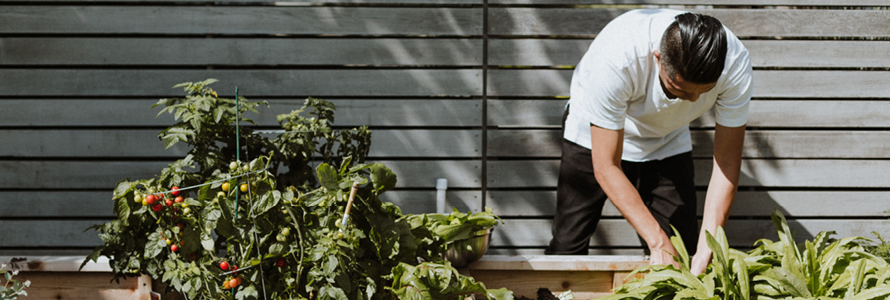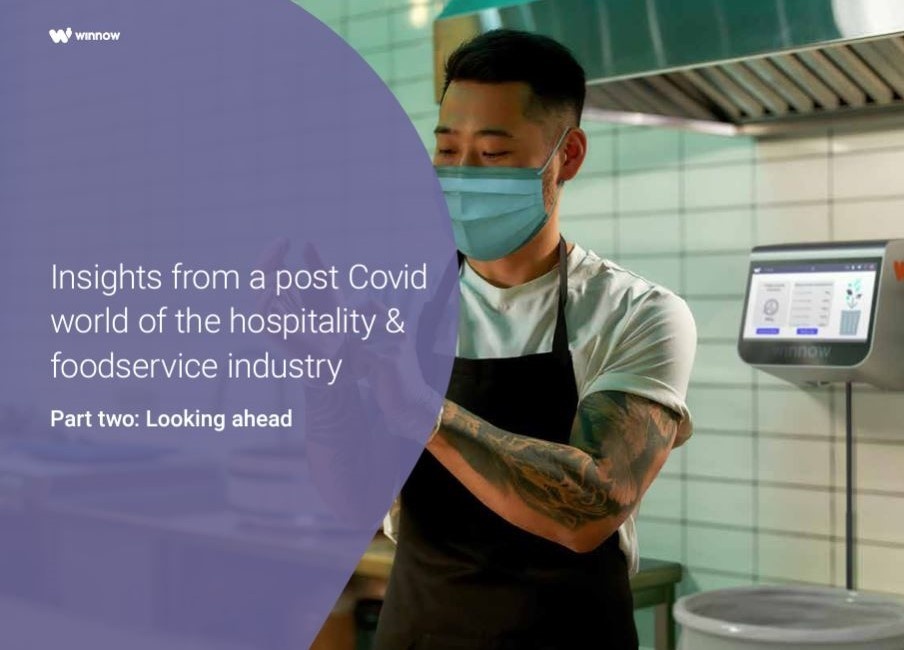The links between human and planetary health have been laid bare by the COVID-19 crisis. Consumer demand for sustainable brands was already a mega trend before lockdowns - Deloitte’s 2019 research found that more than two-thirds of businesses say they are hearing more demand from customers to increase commitments to environmental causes.
As people stayed at home, the impact of human activity on our climate became more apparent. Lockdowns resulted in rare sightings of blue skies from Beijing to Delhi, and worldwide CO2 emissions declined by around 7% in 2020.
Without action, the crisis has painted a stark picture of the potential global impact of climate change. Increasingly, consumers will be less tolerant of businesses with poor environmental practices.
Climate neutrality by 2050 is at the heart of the European Union’s Green Deal and is in line with the commitment to global climate action under the Paris Agreement. There are many good examples across the hospitality and foodservice sector.
“Sustainability is something we have been embedding in our DNA. In offices we are prototyping moving away from single use plastics, with a goal of phasing out plastics across the fleet. New employees get a washable plate, spork, cup and straw at joining to drive this point home. Many have enjoyed the positive effects COVID-19 has had on the environment, and people want to keep it that way.”- Marisa Christenson, Food and Beverage Project Manager, Holland America Line
Iberostar’s Wave of Change movement has strengthened the company’s ongoing commitment to sustainability. It applies a circular economy model to its operations, and its energy, water, waste management and transportation systems are all environmentally low impact.
IKEA has committed to becoming climate positive by 2030 by reducing more greenhouse gas emissions than the IKEA value chain emits. Using Winnow’s AI technology, their aim is to cut their restaurants’ food waste in half by the end of 2022 in all IKEA stores globally.
The pandemic provided the hospitality and foodservice industry with an opportunity to reassess operations. New goals can be set, and plans made to reduce energy use and resource consumption.
As the world emerges from the pandemic era, responding to new challenges will be more important than ever. Our latest guide shares practical tips from the front line of hospitality, and gives you 4 key trends that are set to define the industry going forward. Download your copy here.










Comment on my blog